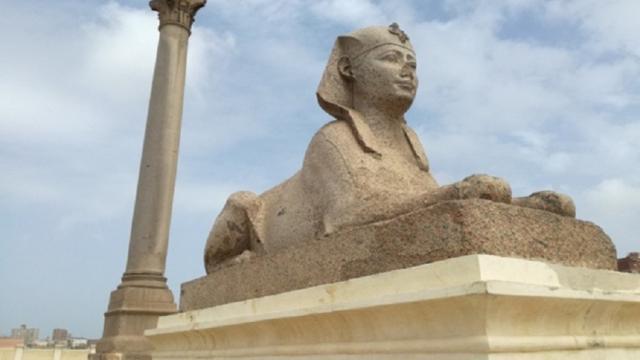
CCS Research Seminar 4
We generally associate the cultural movement of the so-called Second Sophistic with names such as Lucian of Samosata, Favorinus of Arelate or Philostratus. In his Lives of the Sophists, the latter draws a picture of wandering orators who travel through the Mediterranean world and present their rhetorical skills in improvised speeches. Apart from Naucratis, which is repeatedly mentioned by Philostratus, Egypt is often ignored in this panorama. Despite its Museion, Alexandria is neglected and the rest of Egypt overlooked. However, due to the papyri that were discovered in the desert sands, we have a source that gives us a unique insight into the world of this Roman province. The lecture aims to shed light on what we learn from the papyri about the intellectual culture within Egypt, the extent to which sophists were also active in the towns of Egypt and how we should generally assess the influence of Greco-Roman culture on this region, which was a special jewel of the Roman emperor within the Mediterranean world.
Speaker:
Alexander Free is Associate Professor at Ludwig Maximilian University of Munich. Currently, he substitutes a Full Professorship for Ancient History at the University of Freiburg. He is the author of Geschichtsschreibung als Paideia. Lukians Schrift “Wie man Geschichte schreiben soll” in der Bildungskultur des 2. Jhs. n. Chr. (Munich 2015) and Polis und Metropolis im römischen Ägypten. Städtisches Selbstverständnis in Hermupolis Magna (Berlin/Boston 2024). He is the co-editor of Weltentstehung und Theologie von Hermopolis Magna (three volumes, Vaterstetten 2022-2025) and Bilder urbaner Lebenswelten in der griechisch-römischen Antike (Wiesbaden 2024). His research interests include the Second Sophistic, Ancient Historiography, Papyrology, Roman Egypt and Lucian of Samosata.
Location
Speakers
- Dr Alexander Free (LMU Munich)
Contact
- Simona Martorana